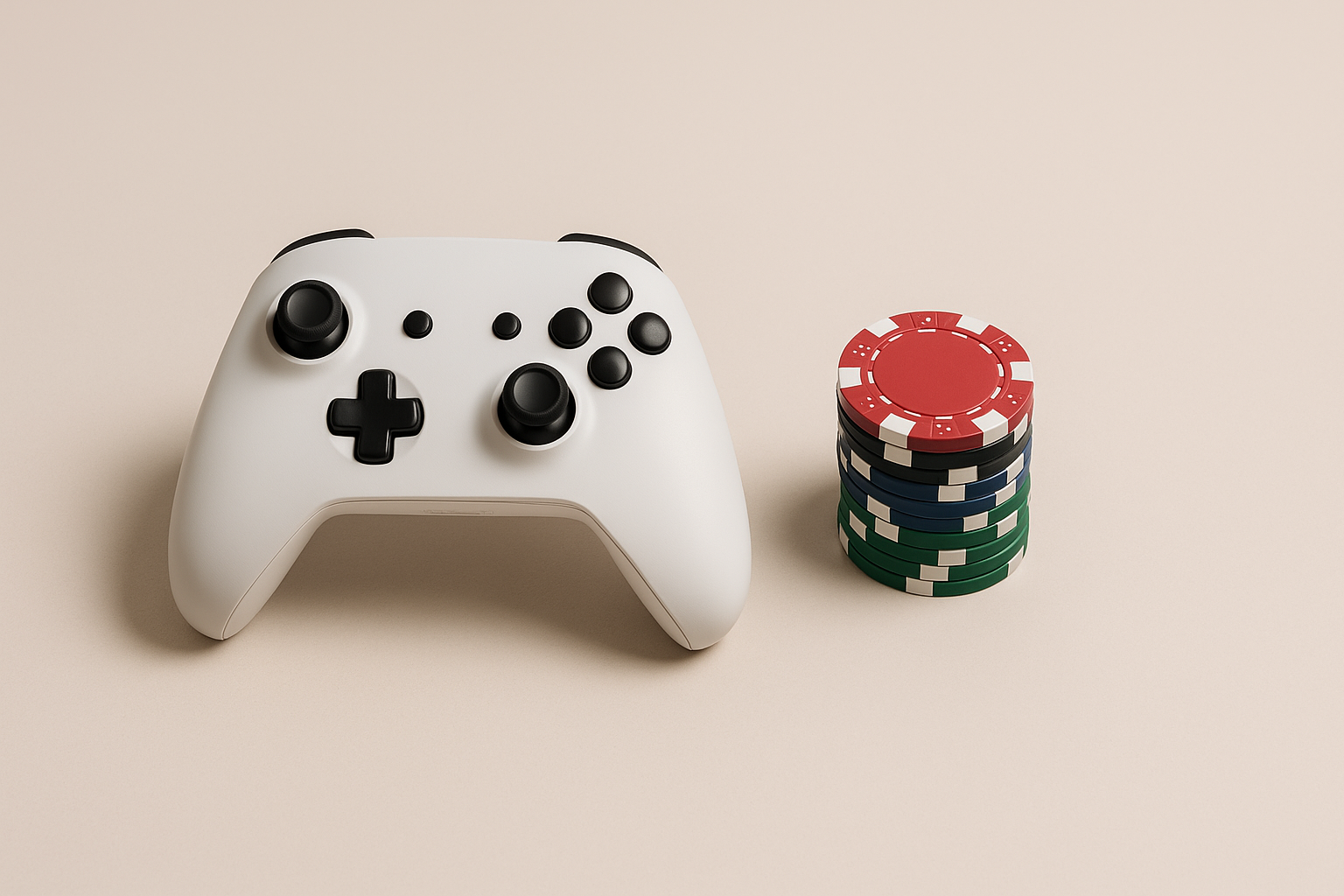Debunking Top Gambling Myths: Separating Fact from Fiction

In 2023, American gamblers spent over $57 billion on legal gambling in physical casinos or online on platforms like promo code Verde casino This astonishing figure doesn’t even include underground betting or casual poker nights. A harsh reality lies behind those billions spent. Many gamblers’ decisions are based on entrenched myths rather than statistical facts. These misconceptions are not harmless, as they can cause financial losses and, at times, problem gambling. In this article, we will examine some betting myths that influence bettor behavior despite evidence to the contrary.
Gambling Is a Way to Make Easy Money
The allure of gambling as a path to instant wealth cannot be denied. Players believe this myth because of the big winners that receive publicity in the media. An impression that such outcomes are more common than is the case is created in people’s minds. Gaming establishments are businesses created to generate profit. Their operation depends on mathematical principles that ensure profits. The house edge – that small percentage advantage the casino holds – is negligible in the short term, but over long periods of betting, it increases. For example, an American roulette wheel has a house edge of 5.26%. This means that for every $100 wagered, the casino ought to make $5.26 as profit over time. Although individual players win in the short term, the edge calculated makes sure the house always turns a profit over many bets.
You Can Predict the Outcome of a Game
Many gamblers believe they can detect patterns in the random nature of games. This leads them to attempt to develop complex systems to try to predict outcomes. This belief in predictability is one of gambling’s most common myths. Modern casino games employ advanced random number generators (RNGs) to generate results. The RNGs are thoroughly tested for randomness. Each spin of the roulette wheel, roll of the dice, or card dealt is independent and unrelated to previous plays. Prior outcomes are not memorized to influence future games. Despite this randomness, some players will increase their wagers after a series of losses, convinced they are bound to win. Similarly, in the lottery, some players choose numbers determined by birthdays, anniversaries, or numbers that they previously won. These strategies make you feel you are in control, but they don’t improve your chances of winning.
The More You Play, the More Likely You Are to Win
This particular myth has significant implications for problem gambling behaviors. The idea that persistence pays off is as compelling as it is in other facets of our lives. Lots of players convince themselves that one more hand, spin, or ticket will do, leading them on a downward spiral. This belief, known as the “gambler’s fallacy,” is at its core. Each betting event is independent of all previous outcomes. The machine or game does not know previous results. It also has no programming to balance wins and losses during a gaming session. Some players will deposit thousands of dollars into slot games. This is caused by the belief that after a long period without a payout, they will win the jackpot. They believe that the machine owes them the win. However, the reality is that the odds of winning are no different despite prior outcomes.
Casinos Manipulate Games to Ensure You Lose
We now know that games are designed with a mathematical advantage. However, some gamblers believe that casinos tamper with game results in real time to make sure they are profitable. Modern casinos are under strict regulation in their jurisdictions of operation. Regulators perform regular audits, test equipment, and enforce standards to ensure fair play. Online platforms can be certified to be fair by independent testing organizations like eCOGRA. However, you should note that casinos do use psychological tactics to encourage you to continue playing. The gaming floor layout, lack of clocks, free beverages, and persistent stimulation create an environment that encourages long sessions. These are schemes to manipulate the gambling experience and environment but not the games.
You Can Develop a Strategy to Beat the House
This myth is dangerous as it contains an element of truth. Skill and strategy can affect the outcome of certain games like blackjack or poker. For example, in blackjack, card counting can, in theory, give a player an advantage over the house. However, there are limitations to these strategies. Casinos are aware of methods used to create an advantage and have implemented countermeasures. Multiple deck shoes, constant shuffling, and surveillance make playing at an advantage difficult. Casinos reserve the right to refuse service to players they suspect of card counting. In most casino games – slots, roulette, and craps – you cannot strategize to beat the built-in house advantage. Systems like the Martingale (doubling your bet after each loss) seem logical, but they conflict with table limits or exhaust a player’s funds during a long losing streak.
Gambling Addiction Is Not a Real Problem
Believing that gambling addiction is a moral issue rather than a psychological disorder is a dangerous myth. This misunderstanding of addiction is shown by the misguided advice to “just stop playing if you can’t afford it.” The Diagnostic and Statistical Manual of Mental Disorders (DSM-5) recognizes problem gambling as a condition like drug abuse. Neuroimaging studies have shown that betting stimulates the brain’s reward system, like substance addiction. Problem gamblers progress from casual playing to compulsive behavior. This is characterized by more time and money spent wagering. They also fail to cut back, lie to hide betting activity, and gamble to escape problems or negative emotions.
Data from the National Council on Problem Gambling shows about 2 million U.S. adults suffer from severe problem gambling yearly. Another 4-6 million experience mild to moderate difficulties. These individuals do not just lack willpower. They are struggling with a recognized condition that requires proper treatment.
The Reality Behind the Myths
Just because you know about these betting myths doesn’t mean you shouldn’t place a bet or buy a lottery ticket. Betting is an excellent form of entertainment when the player has realistic expectations and plays responsibly. Gambling should be recognized for what it is: entertainment with a cost rather than an investment strategy or a path to financial freedom. Responsible gamblers set strict limits on time and money spent and never wager with funds they can’t afford to lose. You should be honest with yourself about your motivations and behavior. If betting stops being enjoyable or negatively impacts other areas of life, it is time to stop this form of entertainment. After all, the only certainty in gambling is uncertainty—except for the fact that at the end of the day, the house always wins.




